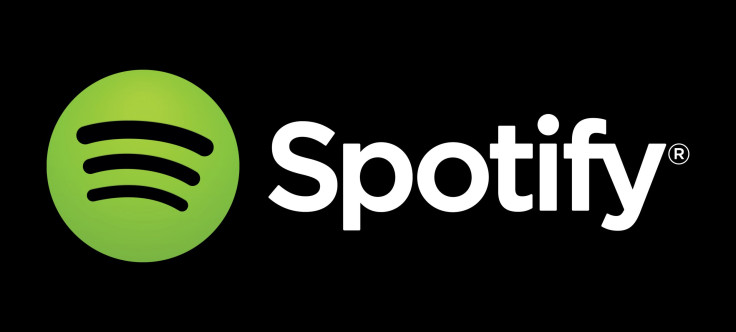Spotify Stealer Downloadify Destroyed, But Piracy Continues: 3 Alternative Ways To Download Music For Free
Note: IBTimes does not condone illegal downloading of multimedia.
For a few hours on Wednesday morning, the digital music community was shocked by Downloadify, a new extension for the Google Chrome Web browser that allowed users to permanently download any song from Spotify. After installing Downloadify for free from the Chrome Web store, all you had to do was start playing a song on the Spotify Web player, and Downloadify would download a full, DRM-free MP3 of the track to your hardware.
Spotify and Google moved quickly to disable the extension. Spotify patched its Web player to prevent Downloadify, and Google Chrome removed Downloadify from the Chrome Web store for violating the terms of service. Downloadify was down before it could disturb Spotify’s contracts with record labels.

Spotify’s premium service allows users to store files locally for $10 per month. But while Downloadify essentially gave anyone complete access to Spotify’s 20-million song library for free, the blame still lies largely with Spotify, which failed to encrypt its Web player, according to Tweakers.
Unfortunately, issues like this are bound to crop up again. Even as online piracy as a whole is decreasing, the pirates will always be a step ahead. Here are three popular ways people are still downloading music for free.
Torrents
Torrent files are actually information about another file or folder, such as an album or movie. The content is divided into very small pieces, and the file tells a torrent client like BitTorrent or uTorrent where to download all these pieces. Because the information is spread out through multiple sources, download speeds are usually much faster than they would be from a single source. Users find torrents from massive online databases, such as the notorious Pirate Bay.
Ripping From YouTube
Not as popular as Torrents because it can be complicated and often results in poor quality, programs like Media Converter allow users to save YouTube videos to their desktop. With so many artists uploading music videos to YouTube, it’s a pretty big database.
Filelockers
Websites like Megaupload, Rapidshare and Mediafire allow users to back up their files in the cloud and provide a code in case they ever need to download it again. Some users share these codes on discussion forums and Usenet newsgroups, allowing others to directly download the file for themselves. As a result, filelockers have been controversial, and the founder of Megaupload is currently involved in a fairly high-profile legal battle with the U.S. government.
© Copyright IBTimes 2024. All rights reserved.






















